A former busy career person—who felt her newborn looked like “an alien"—suffered from crippling postpartum depression.
She “felt no love" for her baby, deleted every photo taken with him in the maternity ward and considered abandoning him on a beach.
Feeling her bump was more of an “inconvenience" than a joy during her pregnancy, Emma Martin of Woking, Surrey, England, recalled how Matteo felt “like a stranger" when he was born.
Bravely speaking out about her two-year battle with mental health, Emma said:
“I didn't love Matteo and couldn't see any light at the end of the tunnel."
"People don't talk about mental health. Birth and motherhood are supposed to be this perfect time, but for a lot of mums it isn't."
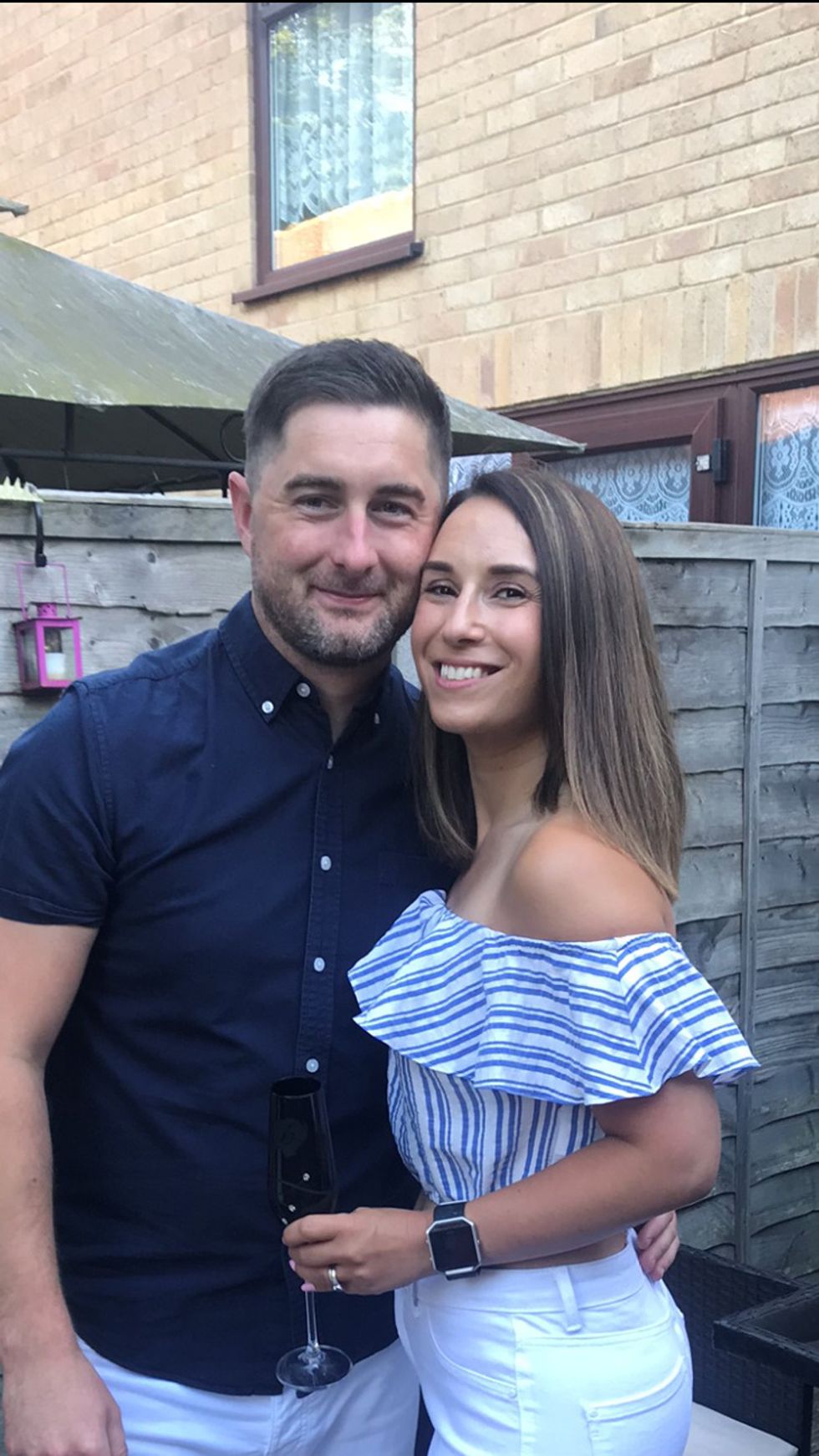
She continued:
“I want anyone suffering to know there is light at the end of the tunnel, you can fall in love with being a mum, and when you do, it's truly amazing."
When Emma and husband Simon met their 8lb 2oz son for the first time on June 22, 2016, in Surrey's Frimley Park Hospital, it should have been a magical moment.
For Emma, instead of the fairy tale she had hoped for, seeing her newborn son was more like a horror story.
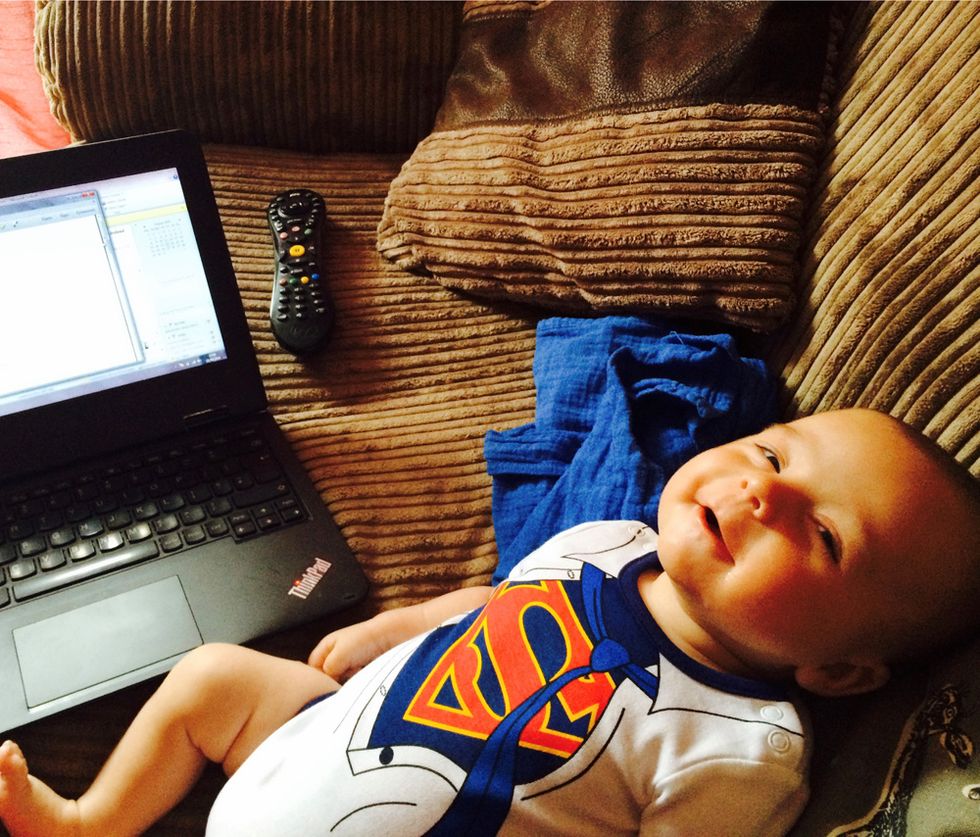
Emma admitted:
“The midwife put him on my chest, and the first thing I thought was, 'Eww, he looks like an alien.'"
“Really, I felt nothing but overwhelming sadness and fear.
“As my husband cooed over our newborn, I racked my brain, trying to find my mother's instinct that must have been hiding somewhere."
"I asked the midwife, 'What do I do?' She replied, 'Love him, feed him and keep him warm,' and I just cried and cried. I didn't know how to do any of those things."
With her husband tending to all their baby's needs, except for breast feeding, Emma realized she felt no love for her boy.
She confessed:
"He felt like a stranger. I felt traumatized by labor, but ashamed by my lack of love and how unnatural it felt to have a baby sucking on my chest."
“I wouldn't let anyone come and visit us in the hospital, not even our parents. I felt empty and sad."
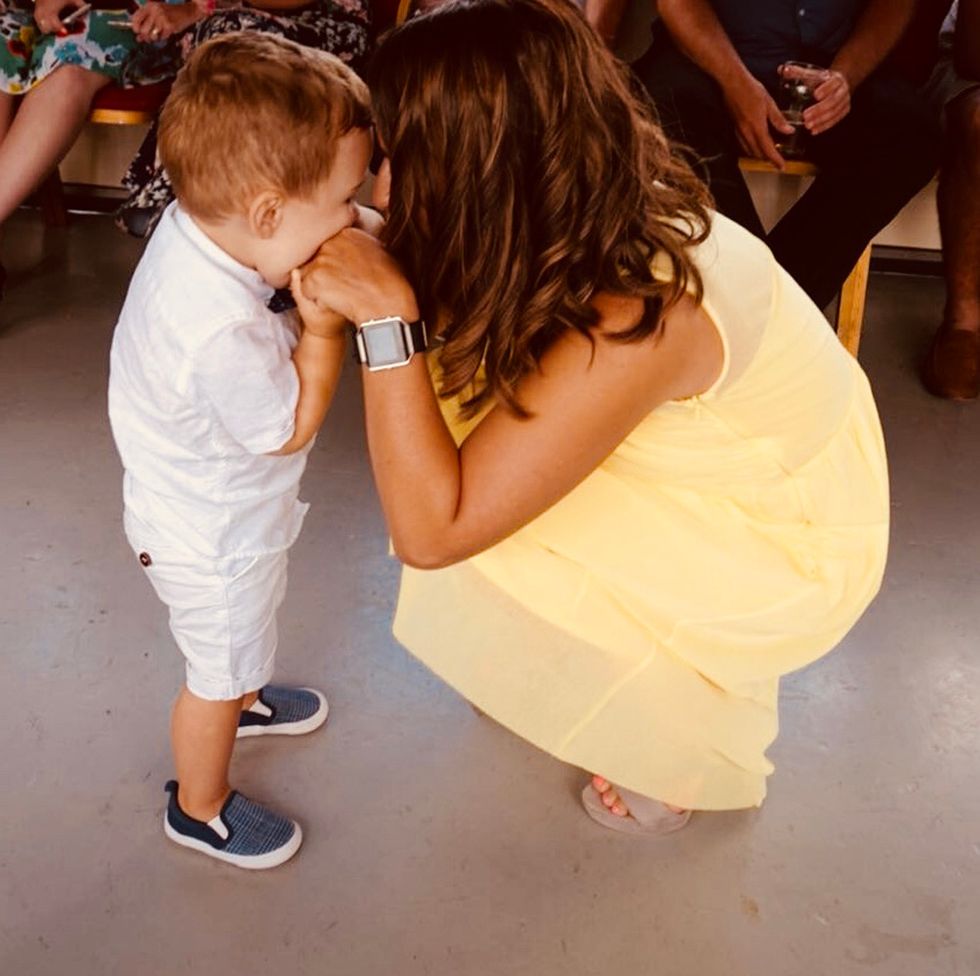
She was so distressed that, when her husband took photos of his wife and baby son together at the hospital, she deleted them immediately.
Emma said:
“I deleted every single photo of myself with my son in the labor ward, only keeping photos of Simon and Matteo."
“I hated how I looked and did not want to remember that time."
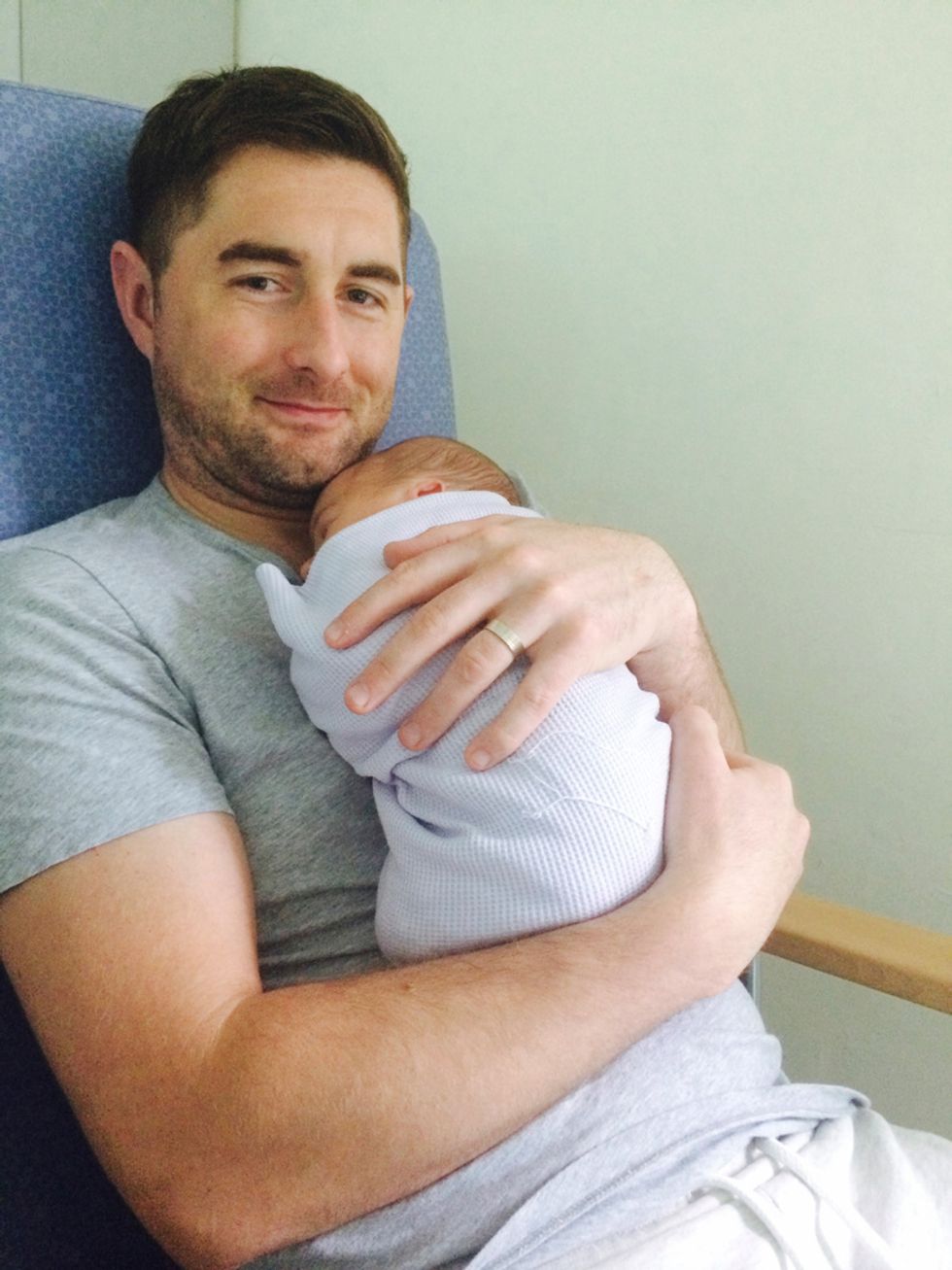
Then working in a high-powered job as an area manager for a cosmetics company, when Emma had fallen pregnant nine months earlier in 2015—just a month after they had started trying—she had no plans to slow down.
Emma was delighted at first, but just weeks into her pregnancy she experienced heavy cramping. Doctors feared Emma had suffered an ectopic pregnancy meaning the baby would not survive.
Emma recalled:
“The baby was actually fine, it wasn't ectopic, but it put a fear into me that I could lose my baby any day."
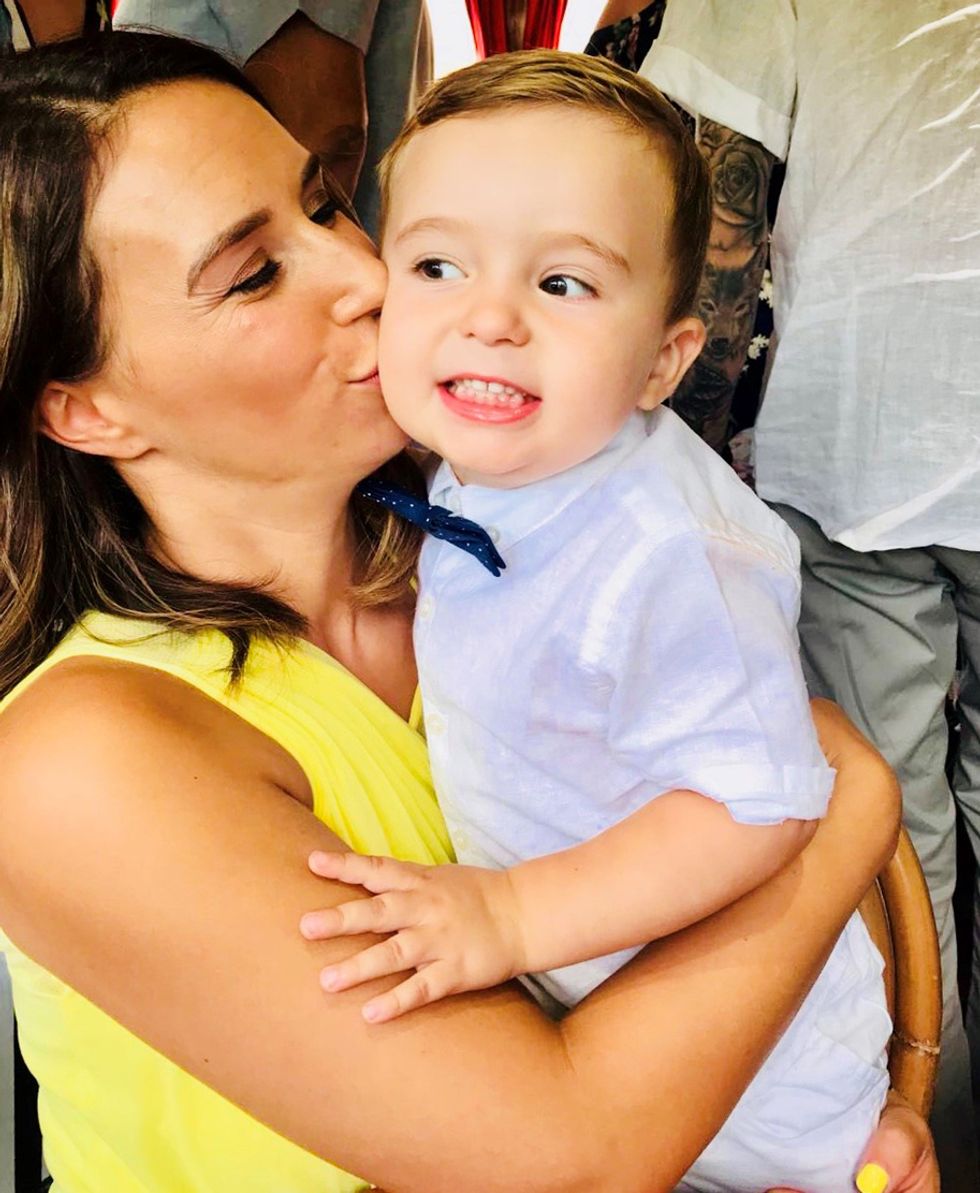
Emma added:
“At every scan I psyched myself up for something being wrong with our unborn child, so didn't allow myself to bond with it."
At her 12 and 20 week scans, while the midwife was cooing over her bump, Emma felt like it was not even a part of her.
She said:
“I remember looking at the midwife in amusement as she told me to start talking to my growing bump, in order to help me bond with my baby."
Emma continued:
“I just wanted to carry on with life as normal, working hard, managing a team of 40 people, hitting the gym and planning my three months of maternity leave with meticulous detail, and assuming that labor would be a breeze."
“But my pregnancy felt more of an inconvenience to me than a joy."
“I hated my bump, felt so unattached to it and would cover it up with long floating scarves as much as I could, so people couldn't see it."
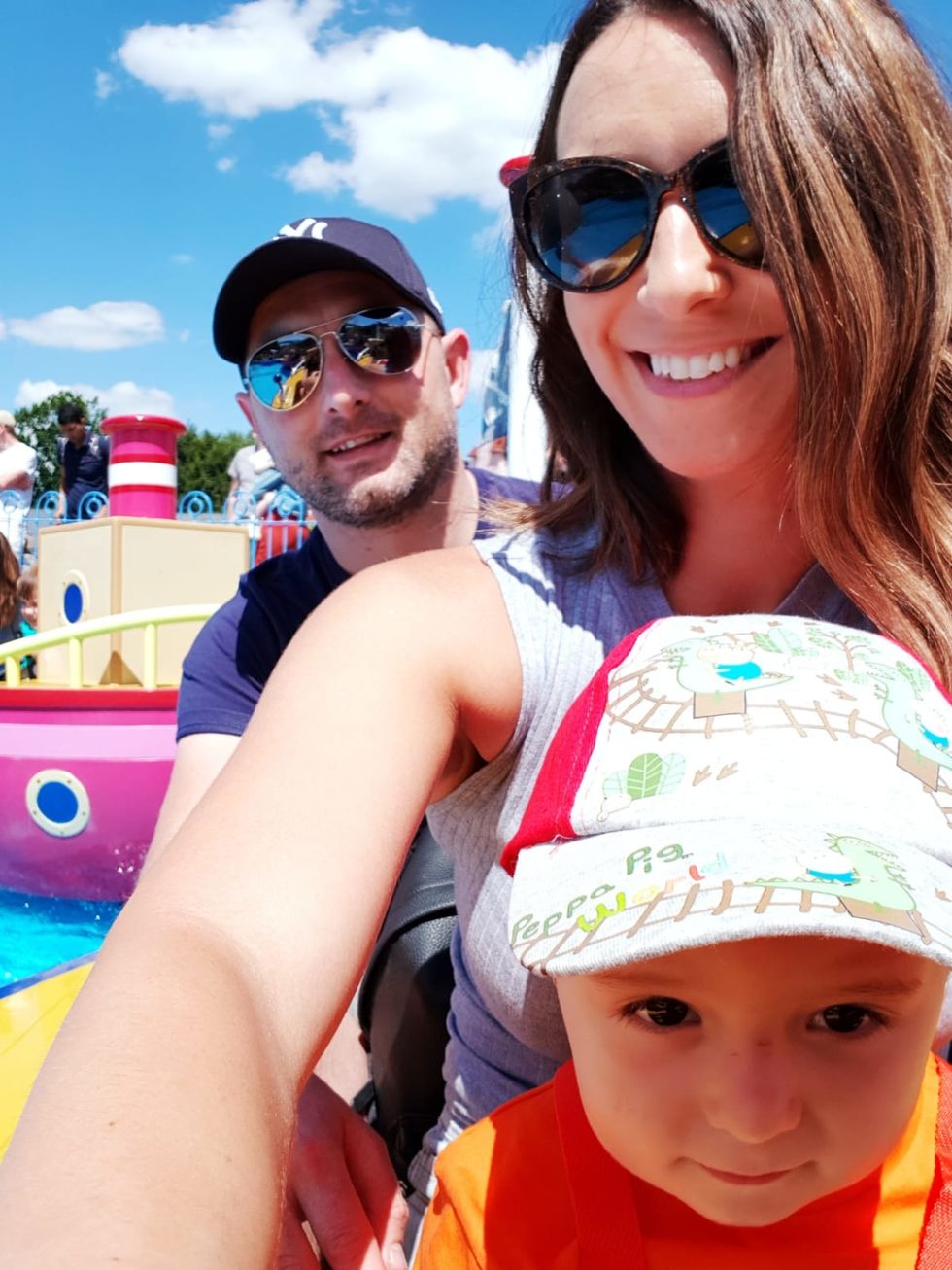
And when she and Simon found out the baby's sex at 20 weeks, Emma was so convinced she was having a baby girl that when she discovered it was a boy, she sobbed in the car park.
Then, after a three day labor and an epidural, Matteo—named as an homage to Emma's Italian ancestry—arrived.
Sent home after two days in the hospital, Emma's mood plummeted further, with her crying non-stop and barely getting off the sofa.
After speaking to Simon, they both thought she was suffering with “baby blues."
But, returning to her job after just three months, working weekends and putting Matteo in a nursery did nothing to improve Emma's state of mind.
Then, when her son was eight months old, Emma was diagnosed with postpartum depression—which affects more than 1 in 10 women within a year of giving birth—after filling out an online questionnaire with an online therapist.
Emma, who did not seek help at the time, said:
“I was sleeping for two hours a night and getting up for work the next day. I was sleep-deprived and felt like I was being followed around by a big black cloud. I couldn't see the light at the end of the tunnel."
And when, at 10 months, Emma and Simon took baby Matteo on a family holiday to Greece, things worsened rapidly.
She said:
“He was hardly sleeping. One day, when I took him out in his pram for a walk on the beach, I considered just leaving him there, hoping a nice waitress would take him in. Strangely, at the same time, I was ashamed to tell anyone what I was thinking, scared they might think I was a bad mum and take my boy away."
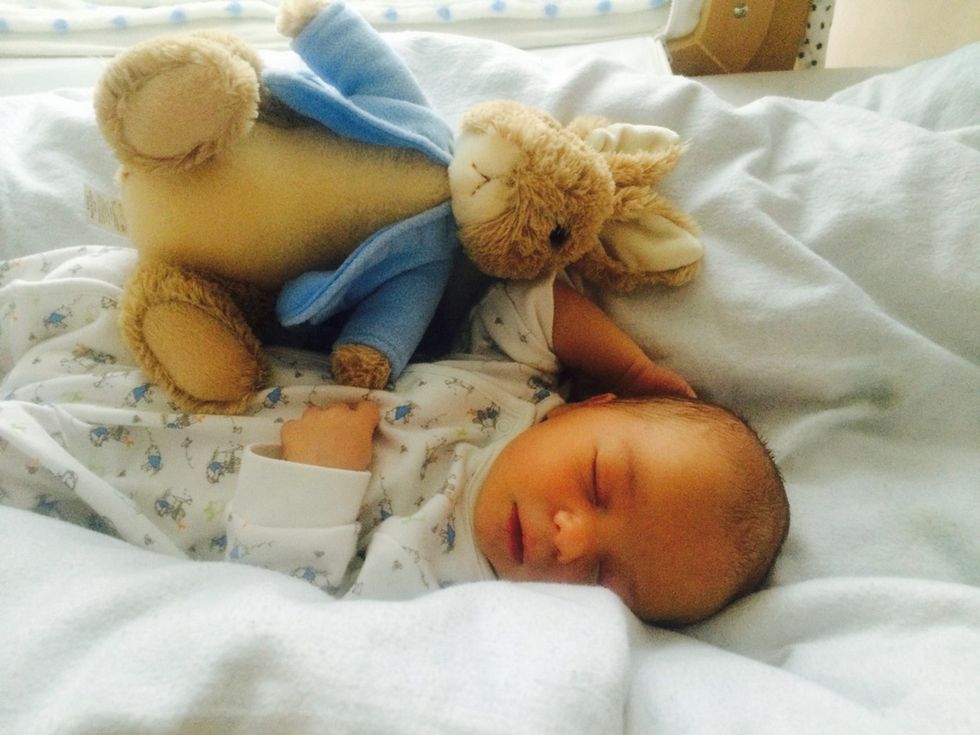
Finally, at Matteo's 12-month check-up, Emma “cracked" when the health visitor asked how she was.
Emma recalled:
“I burst into tears, said I felt like a rubbish mum, and needed some support. She got me an emergency appointment with my GP that day and I was totally honest with him."
Prescribed anti-depressants and given counseling, Emma found sharing her thoughts made her feel far brighter.
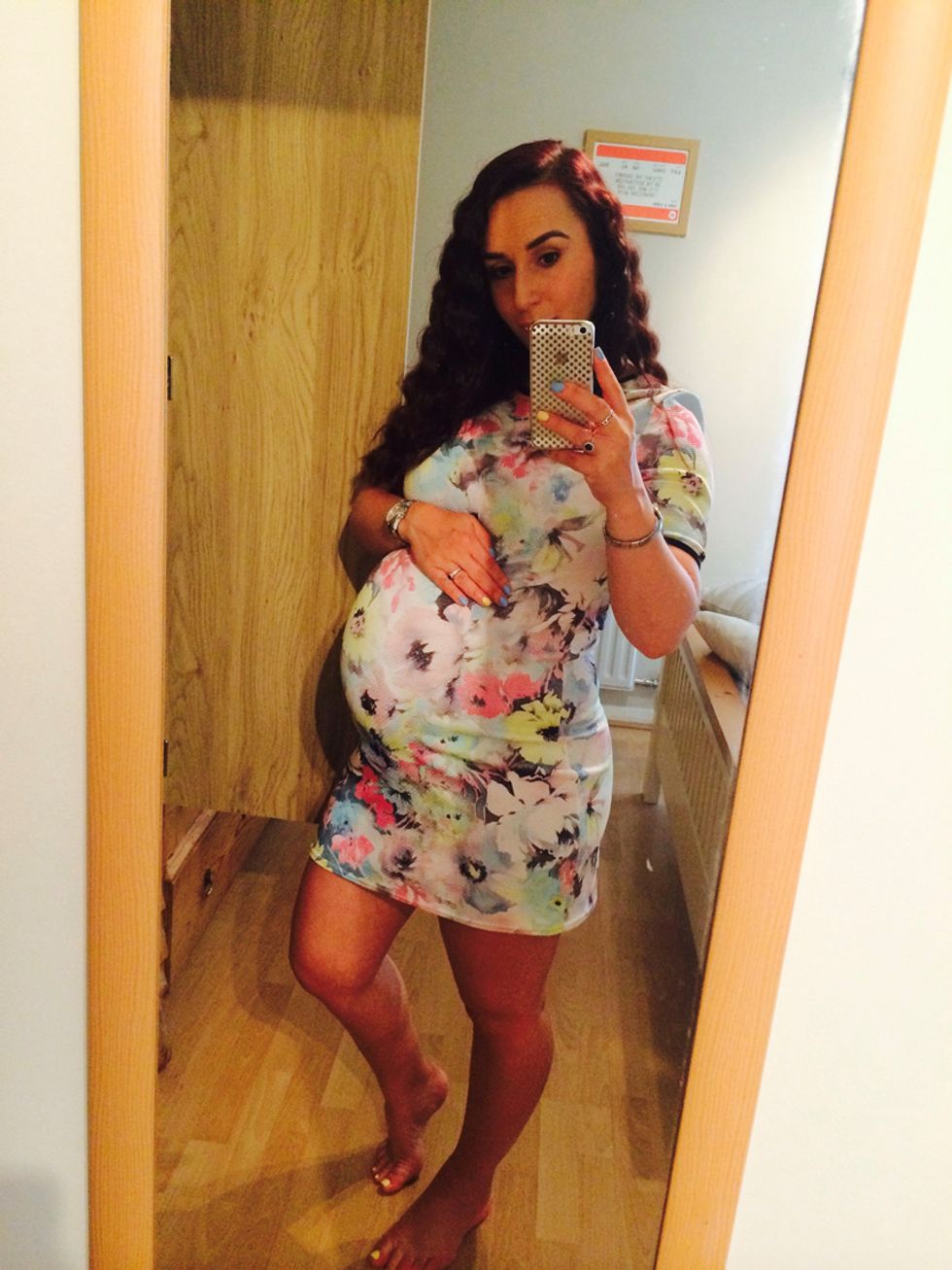
But for Emma, her true turning point came in June this year when she decided to give-up her high-powered job to be with her family.
Now working part-time in a local department store, Emma has never felt better.
She shared:
“I feel so much happier and love my boy so much. He is my best friend and so relaxed, just like his mummy now."
“I've set up a course for other mums to help them if they are in the same situation as me too."
A version of this article originally appeared on Press Association.

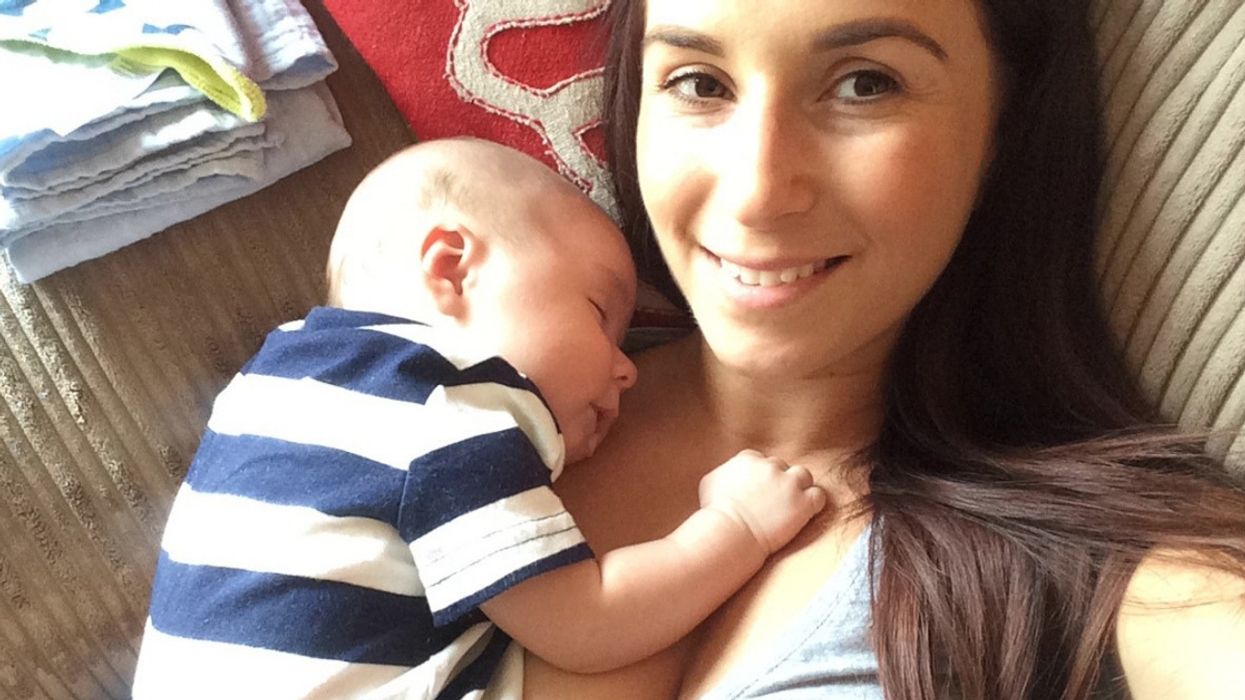






 @realDonaldTrump/Truth Social
@realDonaldTrump/Truth Social @realDonaldTrump/Truth Social
@realDonaldTrump/Truth Social @P78/Truth Social
@P78/Truth Social






 big brother pop GIF by Big Brother After Dark
big brother pop GIF by Big Brother After Dark 
 Unimpressed Get It Together GIF
Unimpressed Get It Together GIF  The Bachelor Shut Up GIF by BuzzFeed
The Bachelor Shut Up GIF by BuzzFeed  customer service waiter GIF
customer service waiter GIF 
 @prissyxoxo25/Threads
@prissyxoxo25/Threads @prissyxoxo25/Threads
@prissyxoxo25/Threads @prissyxoxo25/Threads
@prissyxoxo25/Threads @prissyxoxo25/Threads
@prissyxoxo25/Threads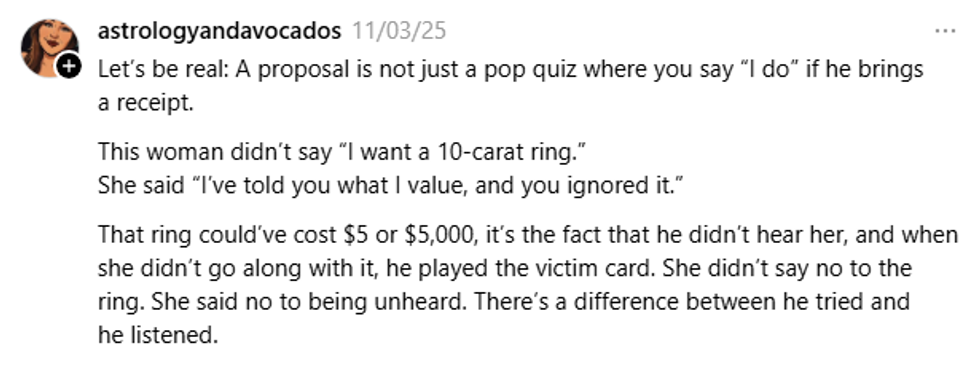 @prissyxoxo25/Threads
@prissyxoxo25/Threads @prissyxoxo25/Threads
@prissyxoxo25/Threads @prissyxoxo25/Threads
@prissyxoxo25/Threads @prissyxoxo25/Threads
@prissyxoxo25/Threads @prissyxoxo25/Threads
@prissyxoxo25/Threads @prissyxoxo25/Threads
@prissyxoxo25/Threads @prissyxoxo25/Threads
@prissyxoxo25/Threads @prissyxoxo25/Threads
@prissyxoxo25/Threads @prissyxoxo25/Threads
@prissyxoxo25/Threads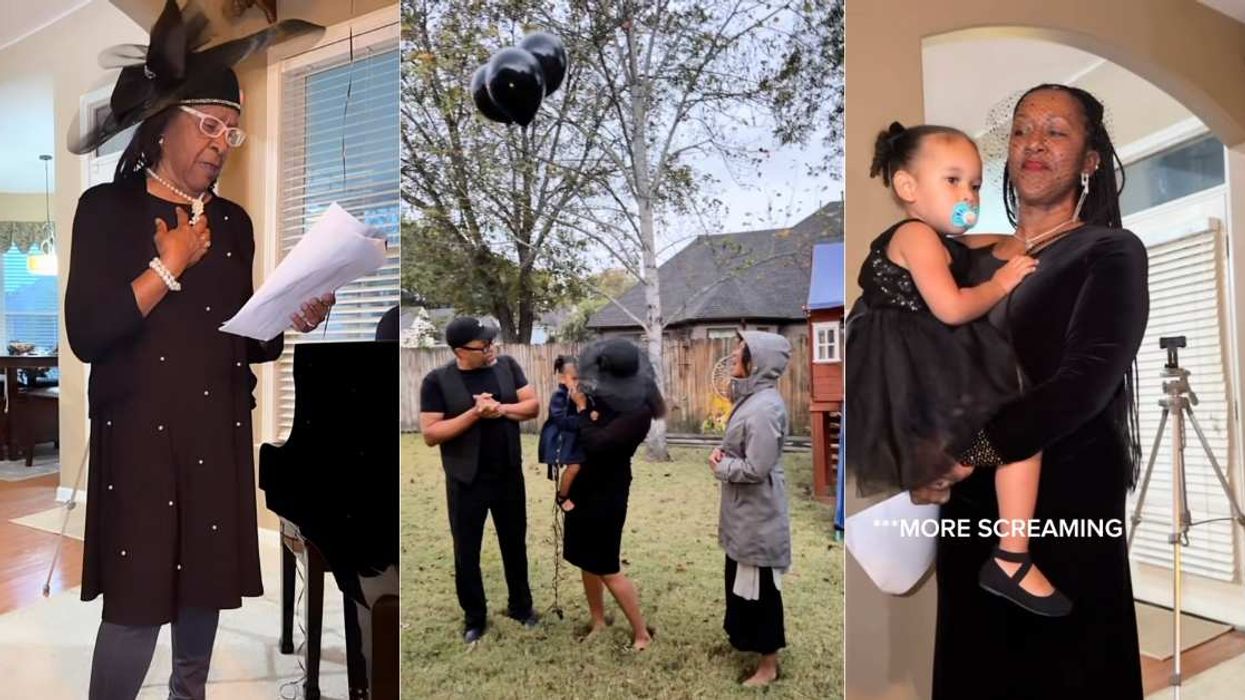
 @lookitskateeee/TikTok
@lookitskateeee/TikTok @lookitskateeee/TikTok
@lookitskateeee/TikTok @lookitskateeee/TikTok
@lookitskateeee/TikTok @lookitskateeee/TikTok
@lookitskateeee/TikTok @lookitskateeee/TikTok
@lookitskateeee/TikTok @lookitskateeee/TikTok
@lookitskateeee/TikTok @lookitskateeee/TikTok
@lookitskateeee/TikTok @lookitskateeee/TikTok
@lookitskateeee/TikTok @lookitskateeee/TikTok
@lookitskateeee/TikTok @lookitskateeee/TikTok
@lookitskateeee/TikTok